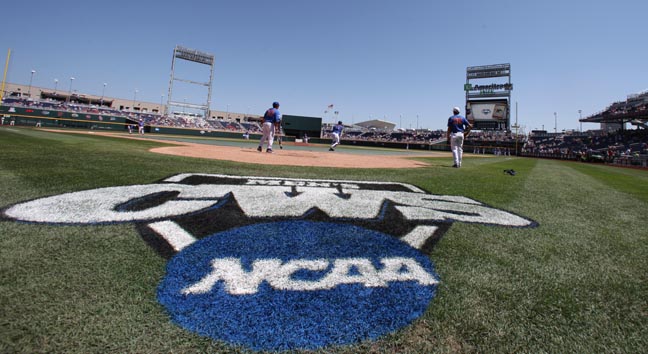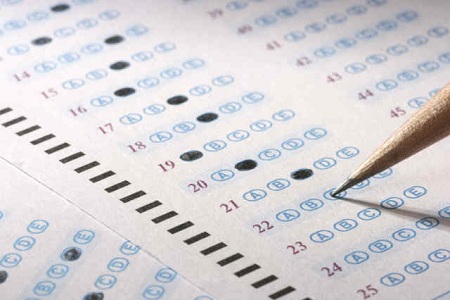Welcome To The FAQ Section
We compiled a list of some of the most asked questions, however, if you have a question you do not see listed, head on over to our community discussion area and post your questions!
Verbal Commitments: How the Heck Can Underclassmen Commit to D1 Programs?

As you’ve probably heard me say before, for the majority of HS baseball players, the recruiting process really gets going the Spring of your junior year.
The problem is that there is that 1% of players who verbally commit to colleges as sophomores or even freshman… and that causes a mass panic for the other 99%.
“Why am I not being recruited?!?!” “What showcases do I need to go to?!?!” “Is it too late for me?!?!?” “How can these underclassmen commit to college baseball programs when the coaches aren’t even allowed to talk to them yet?!?!”
Here are a couple of facts to help clear up this often misunderstood mess:
- A college baseball prospect cannot sign a National-Letter-of-Intent (NLI) to attend a Division I or II school until the early signing period in November of his senior year and, if he doesn’t sign at that time he must wait until the regular signing period begins in April.
- Any verbal commitments made outside of those time frames are non-binding agreements between a prospect and the college coaching staff.
So, anytime you hear of a prospect committing to a college prior to November of their senior year it falls into the non-binding, verbal commitment category.
In the college baseball world verbal commitments are usually honored by both sides, but there are no rules that can keep either side from backing out.
In recent years, D1 baseball programs have started to go after verbal commitments from younger and younger players. The top sophomores and many top juniors verbally commit to a college before they play their first game of their junior season.
BUT remember, that’s ONLY the 1%. Don’t freak out if you are not in that group.
What Grades, ACT / SAT Scores Do I Need to be a Division 1 Baseball Player?

This is a two-part answer.
Part 1: Squeaking By
Each D1 University has their own academic requirements that prospective students must meet. With that being said, the NCAA requires that your core GPA is at least a 2.30 with the grades from the 10 pre-senior year core.
You don’t want to be the guy just slipping by with the lowest GPA possible.
Part 2: Where You Want to Be
If you do not reach certain academic requirements any academic scholarships you receive can count against that baseball program’s 11.7 baseball scholarships.
What are those standards?
A 3.5 Core GPA in high school or Top 10% class rank or 26 ACT (or equivalent SAT) allows you to receive an academic scholarship from a Division I school without it counting against their 11.7 scholarship maximum.
Not all schools have the exact same standards, but those numbers above give you some good academic goals to shoot for.
- What is the Hardest Adjustment for High School Players Transitioning to College Baseball?
